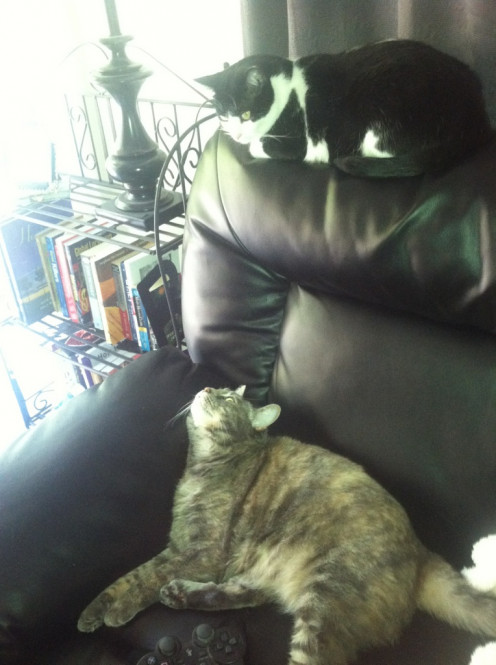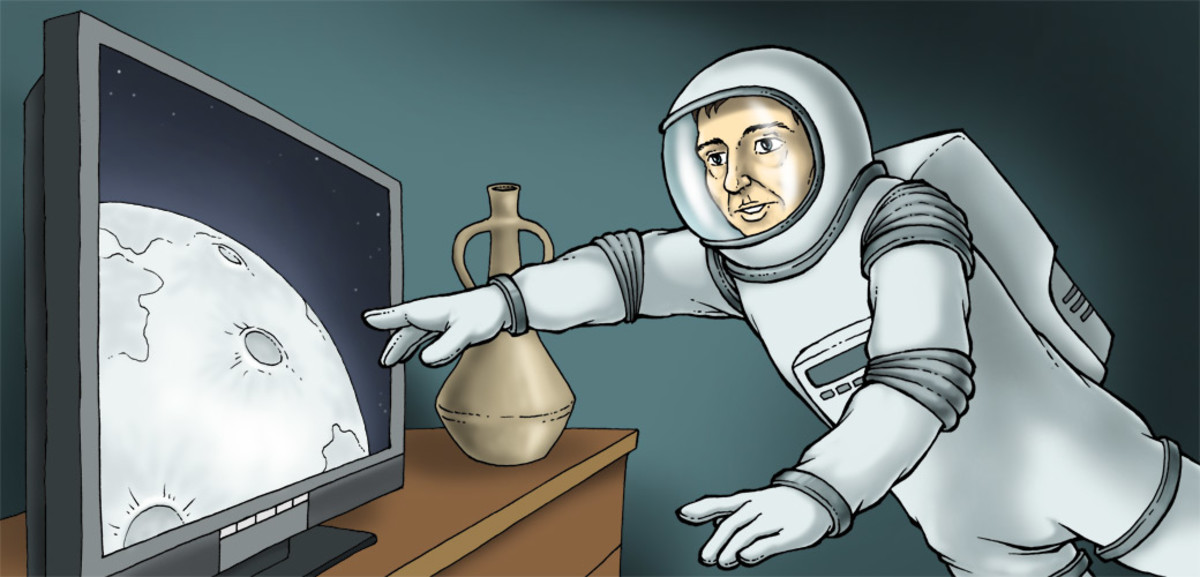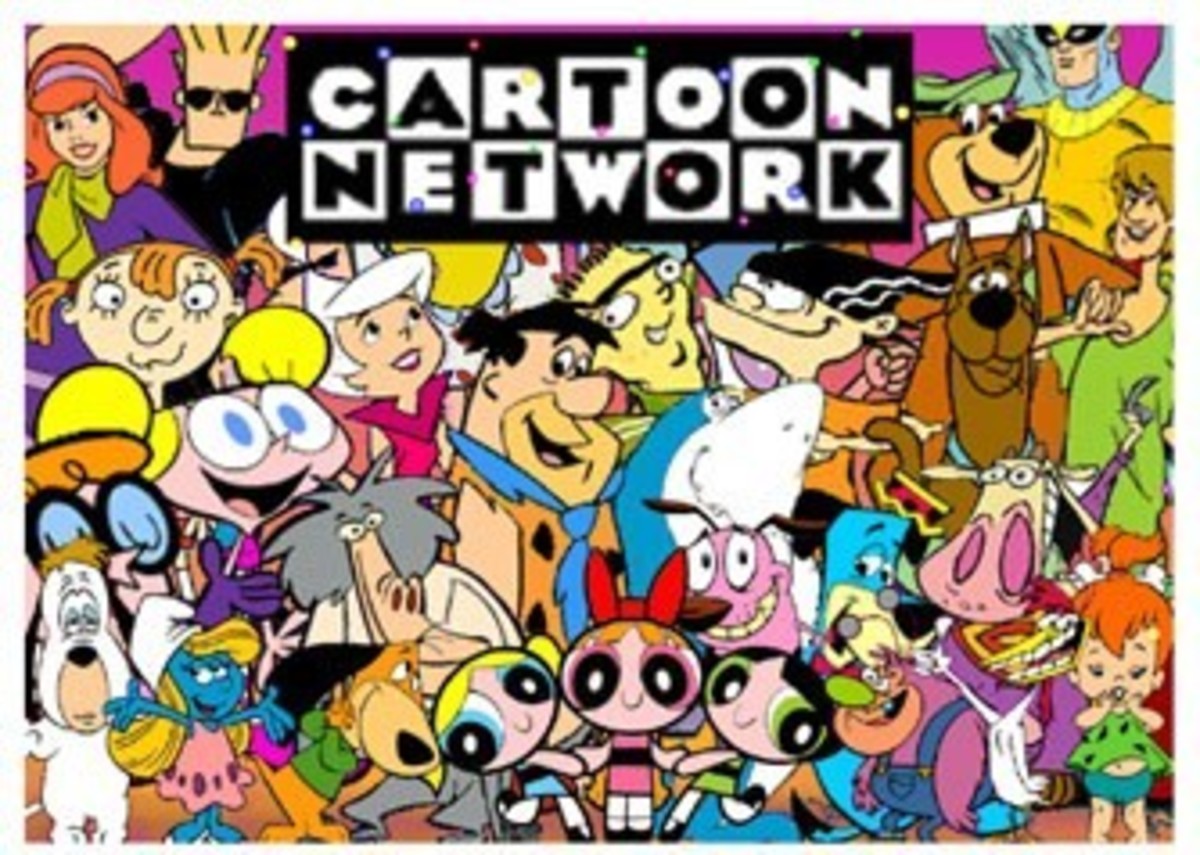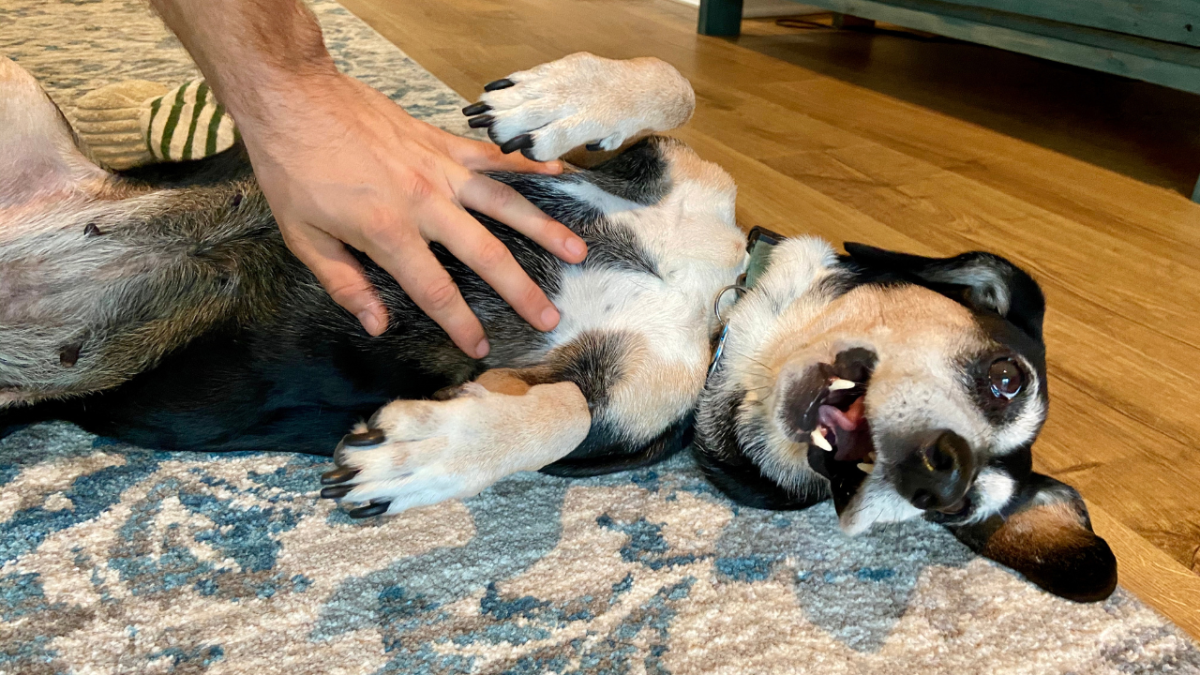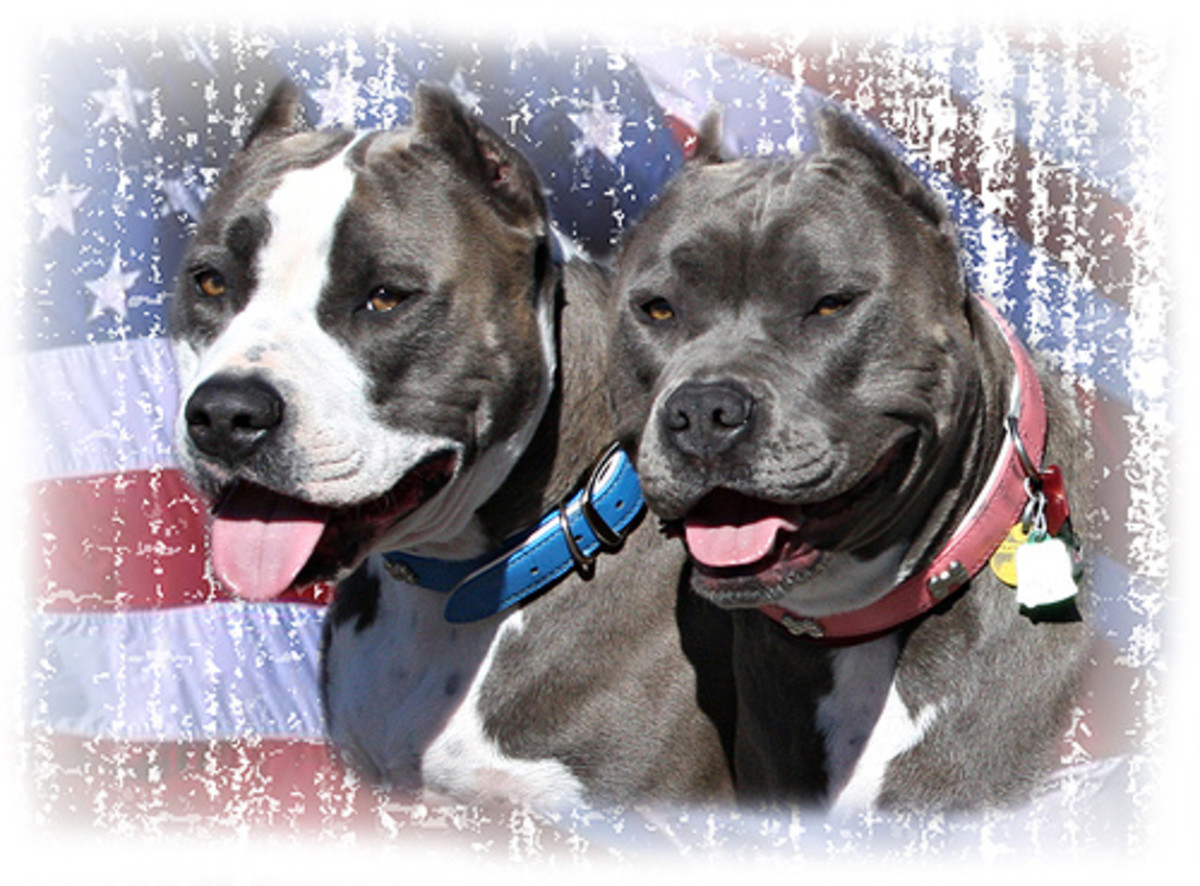Should Your Dog Watch TV?
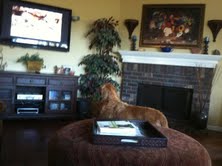
On the topic of your pets...
- Dangerous Pet Toys
Beware!! Your pets favorite toys might be harming their fragile health! Recent tests have turned up toxic materials in popular dog toy brands. - dogs and cats being used for US leather
A recent tannery raid in France turned up the skins of cats and dogs. - Is Your Dog Deficient in Taurine?
Taurine deficiency can cause all sorts of health problems in dogs. Could your dog be deficient?
Have you ever come home to find an upside down mess?
The trash ripped open and spread around, a dish knocked off the counter, or even a door made of solid wood chewed to grainy bits? And shamefully hiding in the shadows, as you survey the damage, is a guilty dog. If so, the experts from DOGTV are blaming it on the stress dogs face when left alone all day. In order to combat this, the television company is promising that their nonstop dog programming will relax your animal enough to deter naughty behavior. The idea behind this? Pets who are bored and isolated, just like us humans, become depressed, bored, and then consequently act out.
The program doesn’t just promise to keep your pets from feeling lonely, anxious and mischievous- it also promotes good behavior by showing positive reinforcements the dogs can understand. To achieve all of this, DOGTV runs three different types of TV.
- Relaxation TV: With soothing sounds, visuals, and music dogs will feel a reduction in stress at the onset of this portion. Watching it myself, I felt that “ah” feeling usually reserved for a blissful massage or day on the beach.
- Stimulation TV: A dog fetches a Frisbee, another runs a ball back to his owner. “Good boy, good,” a woman praises. While reinforcing positive behavior, these segments are also designed to encourage sedentary dogs to get up and play.
- Exposure TV: Perhaps the most scientific of the three, this portion uses high-tech veterinary science to create sounds and visuals that help calm dogs down... in the future! The screen pans from a busy street with sirens to a house where a baby plays with blocks- every scene is made complete with new and adorable dogs! These scenes are meant to expose dogs to day-to-day activity, reducing stress when they personally encounter the scenario later.
Leaving the television on for your dog can seem rather over-indulgent- especially when we are supposed to be conserving power. But experts argue this is not the case, advocating DOGTV as a necessity for anyone gone all day but still wanting well-stimulated, happy pets.
Using my own three dogs as lab rats, I turned on DOGTV and waited for their response. Just as the company warns, my dogs were instantly excited- perking up to watch the scenes unfold. Although they have been caught watching TV in the past, especially when another pet is on cam, this was the most intrigued I’ve seen them.
One might ask, so can’t my dog just watch any channel? Say, the Animal Planet? Interestingly enough, dogs don’t see or hear things the same as we humans do. DOGTV puts dogs first; the images are specially colored so that dogs can interpret what they are. The sound is also modified for their ultra-sensitive hearing.
Yet, without the advancements of human-technology, DOGTV would never be possible. Dog’s eyes filter images at a much different rate than humans, until advancements with 100hz plus televisions, watching the screen was a flicker nightmare for any creature on four legs!
Experts on Board
Victoria Stilwell might not be a household name but her appearance and thick accent are highly recognizable as she’s one of the most famous dog trainers on TV. Having transformed the behaviors of many dogs on air, she is trusted by many as an advocate for DOGTV.
As a prominent radio host, animal rights activist, author, and trainer, Warren Eckstein has been referred to as the “most trusted pet expert.” He is a major contributor to the ingenious ideas behind DOGTV. He argues that dogs don’t live out in the woods; they live in our homes, in our environments. Just as we’ve changed and adapted into the modern world, watching television instead of hunting and gathering, so too have our pets.
Known as the worlds most celebrated veterinary behaviorists, Professor Nicholas Dodman, is also a part of DOGTV. Residing as chief scientist on board, he is a highly trained expert in the sensory perceptions of our pets.
The Humane Society of the United States recognizes DOGTV as a way to improve animal life-quality. Standing alongside this well recognized brand is, The American Society for the Prevention of Cruelty to Animals (ASPCA), and the American Veterinary Medical Association (AVMA).
The best judge of any product is always the direct consumer. And as for my own dogs, a few days into their DOGTV life they are still staying out of trouble and happy as clowns!
